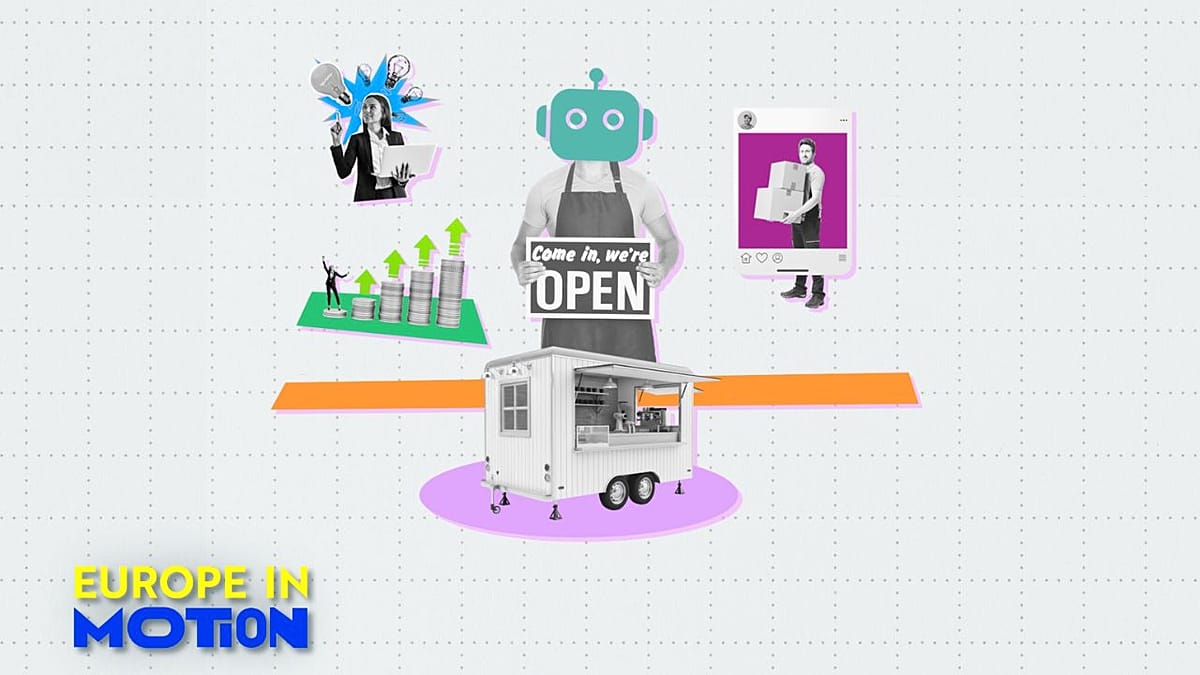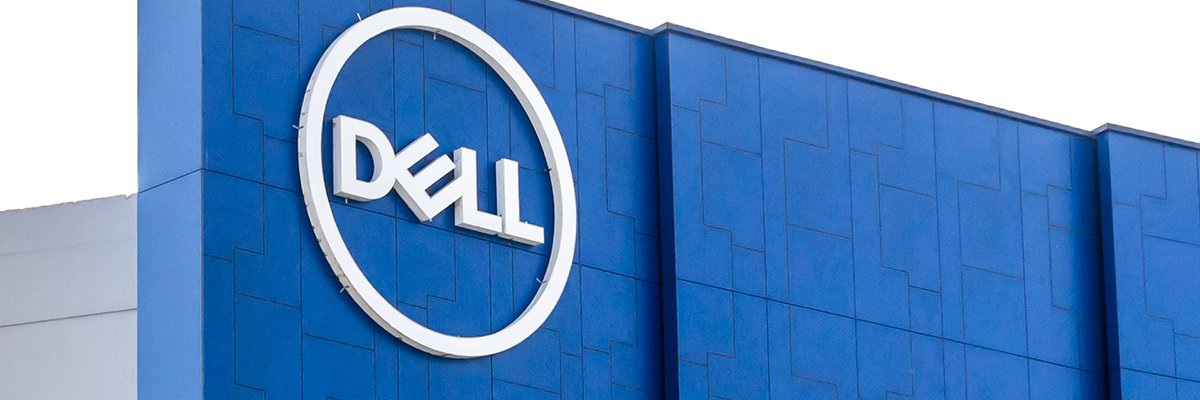fromFortune
14 hours agoFrom Wall Street to Washington: The CEO who is overhauling the IRS and SSA | Fortune
Bisignano previously spent most of his career in large financial institutions and fintech companies, including serving as CEO of both Fiserv and First Data. Earlier in his career, he was co-chief operating officer of J.P. Morgan Chase and CEO of its mortgage banking unit. Now, Bisignano is running the SSA and IRS much like the private sector firms he has made a career of fixing, according to Tully.
US politics















